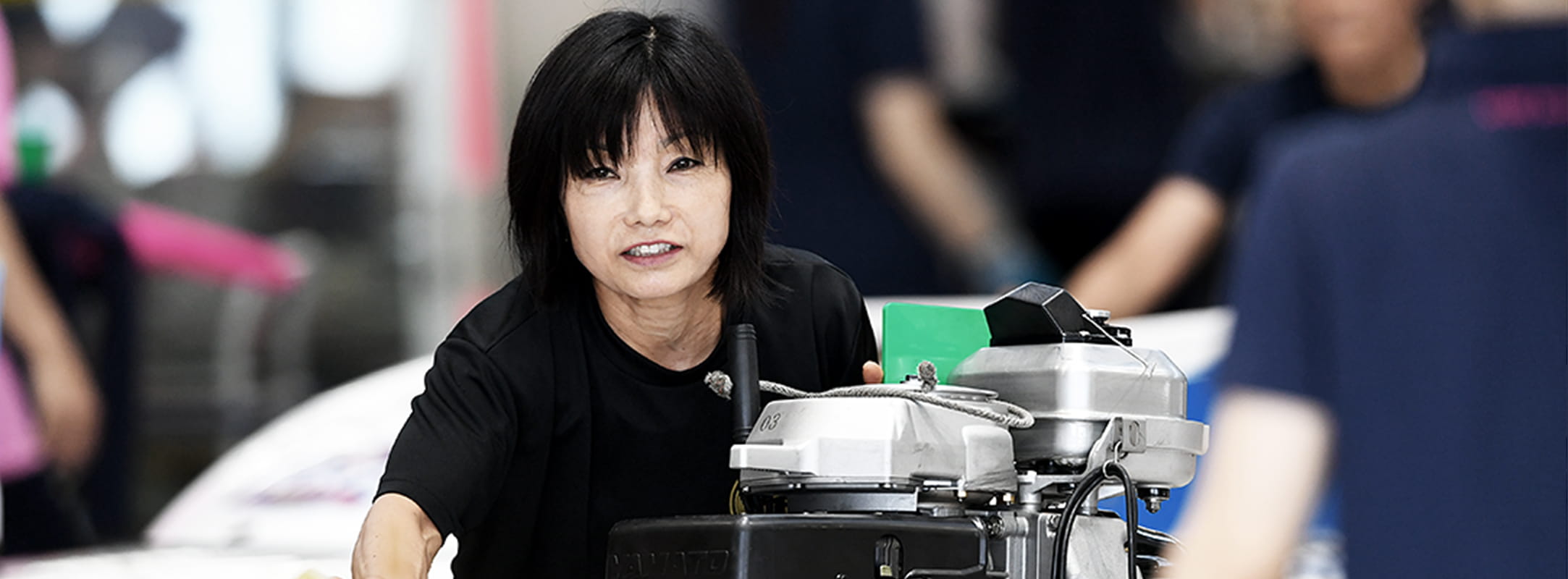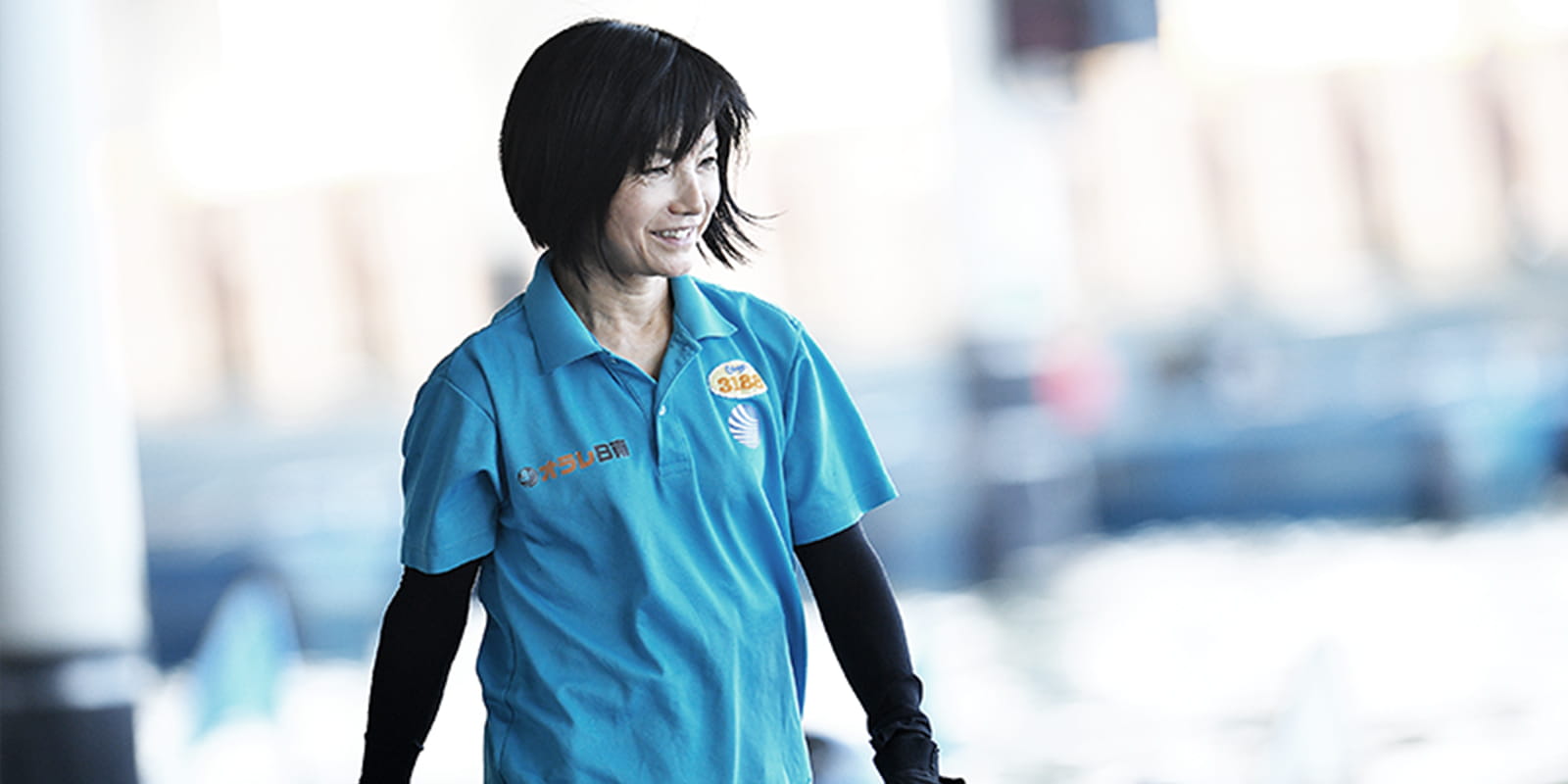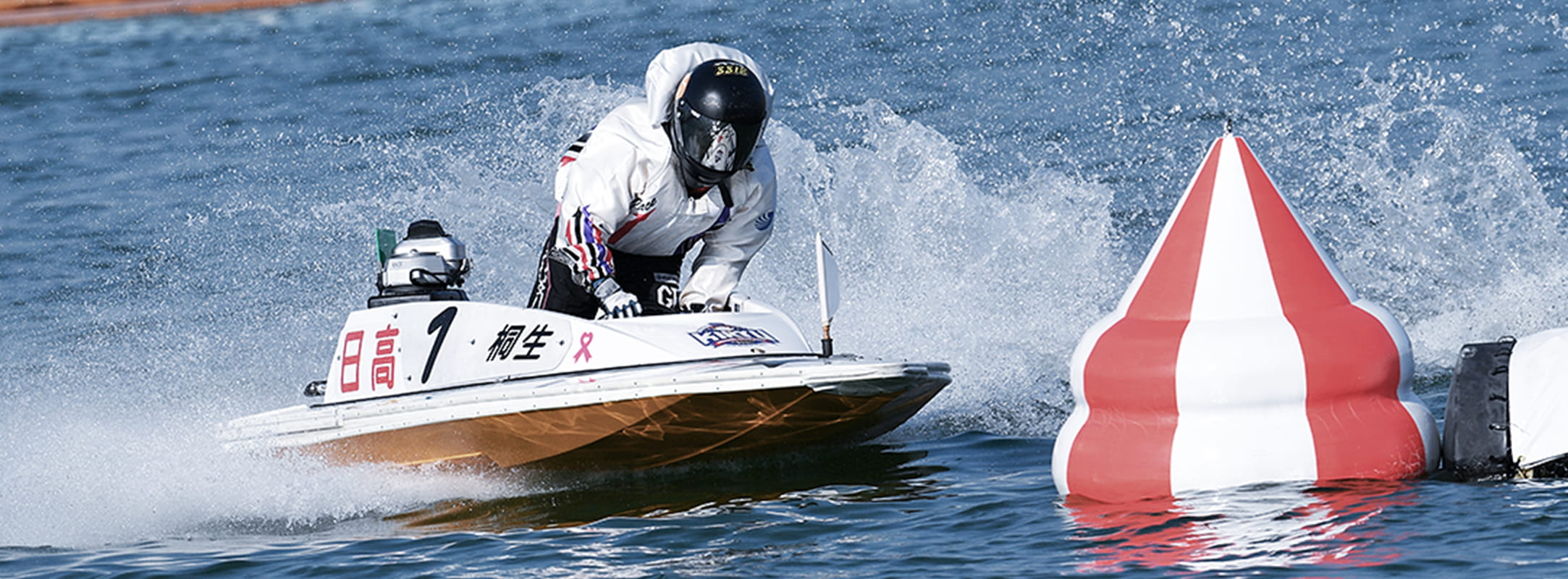365 days after the battle

In most professional sports leagues, such as soccer and baseball, there is a clear distinction between "on-season", where games are played intensively, and "off-season," where conditioning is provided. But boat races don't have a long "off-season."
Athletes participate in races all over the country held in regatta’s of 4 to 6 days, some up to 7 days. As soon as the race is over, you will fly around the country to the next venue again. In the meantime, she reflects on the race and feedback, manages her physical condition with a minimum weight limit and makes the necessary mental adjustments to win the next race. There is almost no rest for 365 days.
Long intervals, such as off-season, are never visited unless given a penalty, such as flying at the start, or stopping voluntarily as a racer. Naturally, the prize money won during that time will be zero and the source of income will be cut off. In addition, the participation of active players in races such as the “Grand Prix” and “Queen's Climax” held at the end of the year, such as big races where the top prize money rankings of the year can be entered, will be far away.
Some boat racers have survived for more than 30 years in such a hard world. Itsuko Hidaka, who debuted in 1985, has never had a large interval other than the past two births and rest due to injury during a race. The number of races in 2018 was 318. This is the highest number of women and is the sixth highest among all racers. "The high number of runs is just the result of continuing to race. I didn't want to ride a boat for 10 days and my feelings were dull, so I wanted to keep riding as short as possible. Production is the best practice to grow yourself.”

I want to stay on the boat more than anyone to get results
Hidaka has ranked number one in women's history in the number of races in the boat race's highest ranking "SG class." In 2014, she won a stunning victory in the Queen's Climax, the top battle against the prize queen of the year. The nickname for her, who keeps producing results for a long time, is "Great Mother". However, he describes himself as a "not very good player".
"When you look at a young and sensible racer, you might think, 'I can't do that turn.' The only way to increase the chances of a good turn is to stay on the boat anyway, and as a boat racer grows older, it becomes dull and slows down. To keep fighting, veteran players must practice more.”

I found a new goal and stopped thinking about retiring
Currently 57 years old. When he was just over 50 years old, he suffered from physical illness and was sometimes unable to run as expected. However, setting new goals has revived his passion for boat racing, and is committed to racing while cherishing every verse.
"I'm a type of motivation that I can't keep my motivation without goals. I was thinking about retiring when I didn't get the results, but I won the Queen's Climax in 2014 and I feel more confident that I can still be active. That's when I set my new goal of becoming a girl's oldest racer. I've stopped thinking about retiring. "
There is no moment when a boat racer will not be a boat racer as long as he continues his active life. A stoic Great Mother will aim to be the oldest female racer and will continue to board the boat today.
Ikko Hidaka (born 7 October 1961) An active top racer with the mother and wife of two children. He has a nickname of "Great Mother" from his way of life.